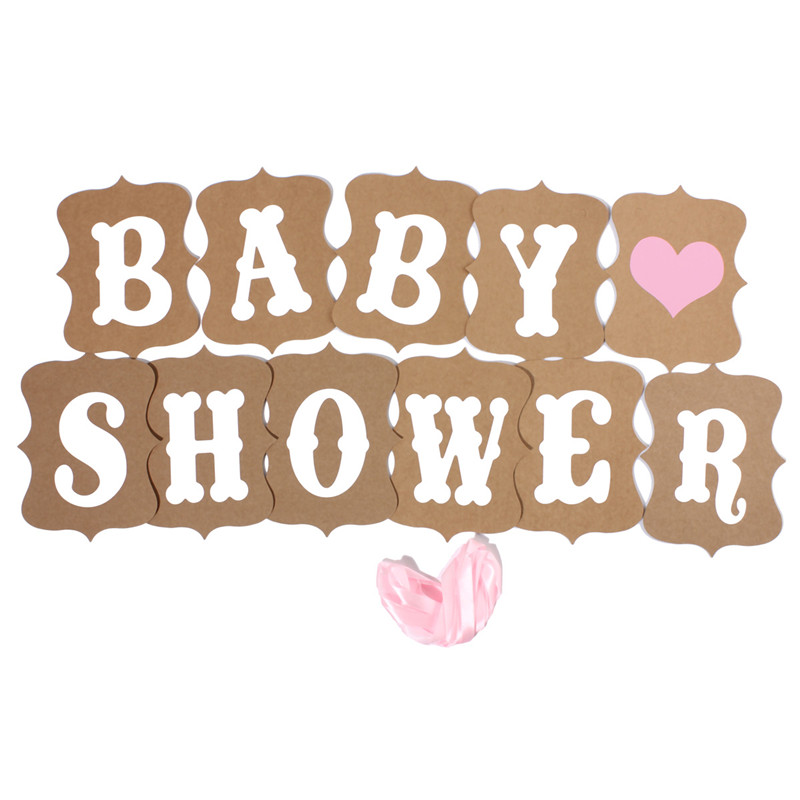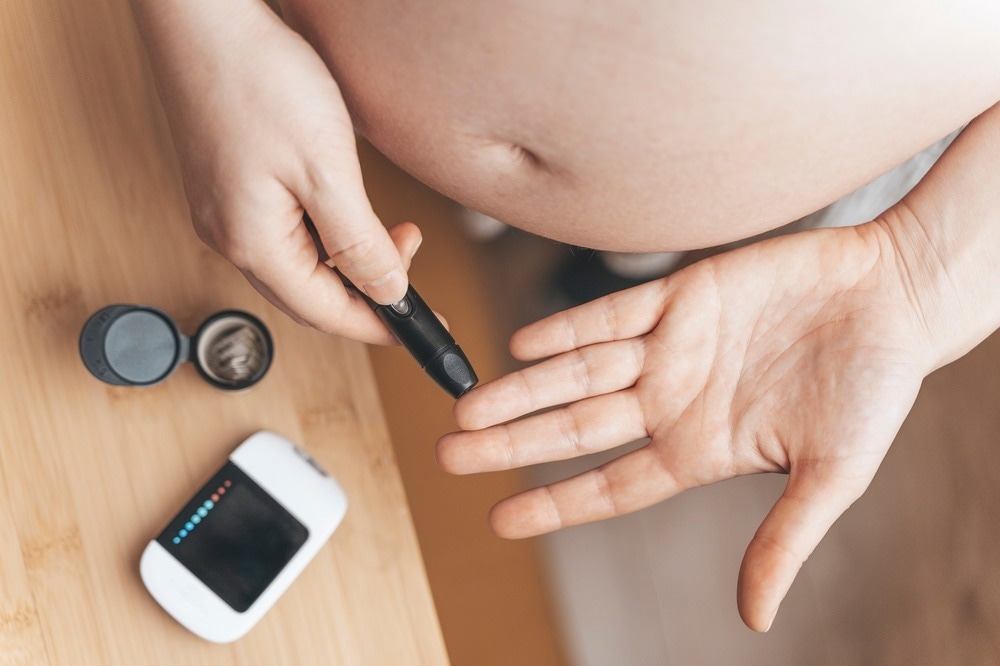All babies cry. No matter how hard parents try to ensure their bundle of joy is always happy, attended to, and overloaded with affection, a fussy baby and teary eyes are bound to happen.
On average, newborns spend about two to three hours a day crying during the first six weeks of their lives, and they cry the most during their first three months.1 While this may seem daunting, there are ways to soothe your little one after pinpointing the cause of their discomfort. Are they too hot, or are they too cold? Are they sleepy, or are they ready to gulp some milk again? Is their diaper soiled, or do they need to pass some gas?
To help you check for symptoms and examine your little babe more closely, here are 10 reasons you might have a fussy baby and how you can help soothe them.
10 Reasons Why You Might Have a Fussy Baby
1. Hunger
If there’s one thing you can count on as a first-time parent, your baby will always seem hungry. They are always hungry—especially since their bellies are tiny and can only hold so much milk at a time. So as your baby continues to grow, their stomach will expand.
How to Soothe Your Hungry Baby
If your little one is wailing, there’s a high probability they’re ready for their next meal. According to the Centers for Disease Control, nursing infants feed about every two to four hours within the first few months.2 So, expect to breastfeed your baby 8 to 12 times in one day. Trust us; you don’t want a hangry baby!
2. Overfeeding
And feeding your baby too much can also lead to crying spells.3 When overfed, infants have the potential to swallow too much air, which produces gas in their abdomen and causes extreme discomfort. It’s essential only to feed your baby when they’re hungry rather than use milk as a soothing mechanism when upset.
Some hunger cues to look for include your infant putting their hands to their mouth, puckering, smacking, or licking their lips, clenching their hand, and turning their head toward a bottle or breast. When your baby is full, they’ll relax their hands or close their mouth.4
How to Soothe a Stuffed Tummy
If you fed your baby too much, don’t fret. Burping them to relieve the possible gas is a start to helping ease their discomfort.5 It’s also possible they may spit up since they cannot digest all the food in their belly, so be sure to wait for their signal when they’re ready to eat again.
3. Fatigue
Over a day, your baby will most likely sleep for about 12 to 17 hours.6 Sleep supports the growth and development of the body and brain. It also helps build their immune system.7 While many adults can typically lay down and fall asleep quickly (especially after a long day of work), the same doesn’t go for an infant.
It takes 11 weeks for your baby’s circadian rhythm (internal biological clock) to develop.8 If you notice your little one pulling at their ears, sucking on their fingers, fluttering their eyelids, or arching their body backward, it’s likely time to put them down for a nap.9
How to Soothe Your Baby’s Sleepiness
Swaddling is one of the best approaches to soothing a fussy, overtired baby. Wrapping them securely and snuggly in a blanket so only their head and neck are peeking out mimics the feeling of mom’s womb. If swaddling doesn’t do the trick, try strapping them into their car seat and going for a ride around the neighborhood. The vibration of the car can lull them into a peaceful slumber.
4. Dirty Diaper
In the first year of your baby’s life, you’ll change many diapers—we’re talking nearly 3,000 of them.10 Your infant is inevitably going to soil their diaper often; it’s best to do a constant pee or poop check (yep, you’re going to be sniffing your baby’s bum more often than you’d like to admit).
How to Soothe Your Baby When They Have a Dirty Diaper
To get ahead of diaper rashes and an uncomfortable and fussy infant, ensure you swap out their nappy every two to three hours. Your baby may urinate every one to three hours or have bowel movements after each feeding.11
5. Overstimulation
Just like adults, babies can experience overstimulation. This occurs when an infant’s senses are completely inundated with information or overwhelmed by the environment.12 Whether it’s too much noise, being in an overly lit setting, or just being held by new adults at a gathering, these experiences are a lot for a newborn.
How to Soothe Your Overstimulated Infant
If your baby becomes fussy, take them to a calm, quiet, and dimly lit area. This will help appease their overloaded senses and provide them with a sense of comfort.12 When family and friends ask to spend time with your new bundle of joy, it’s best to balance at-home visits with only a few new faces at a time.
6. Teething
For most little ones, teething begins around the four- to seven-month marker. Although it’s an exciting milestone for moms and dads (yes, you’ll want plenty of photos of their first tooth!), this stage also comes with bouts of fussiness, tears, and some pain. Additional signs and symptoms of teething include swollen gums, the urge to gnaw or chew on things, excessive drooling, and bringing their hands to their mouth.13
How to Soothe Irritated Gums
Sometimes a little gum massage can go a long way. Massage your baby’s gums until you hear a squeaky sound, or use a frozen teether to provide some relief.13 Here are some other tips to help relieve teething pain.
7. Gas Pain
Babies are gassy. From bottle feeding and sucking on a pacifier to just plain crying, infants can frequently ingest air during the day. As a result, your little one may burp a lot, have a bloated stomach, or get very fussy from discomfort.
How to Soothe Your Gassy Infant
To release trapped gas, it’s essential to always burp your little one after they’ve eaten. Another proven tactic to get your babe to belch or flatulate is to lay them on their back and move their legs in a bicycle motion. For a more preventative approach, ensure your feeding position keeps your baby upright as you hold them in your lap and against your stomach and chest.14 Also, if bottle feeding, try the paced bottle-feeding position.
8. Temperature
First-time parents make the common mistake of over-bundling their baby to keep their immune system strong and prevent illness. While it’s understandable that moms and dads want to do everything to keep their precious infants healthy, over-dressing them can do more harm than good. Check to ensure the nape of your baby’s neck isn’t sweaty and they don’t have flushed cheeks, a heat rash, or damp hair, which are all signs of overheating.15
How to Regulate Your Baby’s Body Temperature
A good rule of thumb when dressing your infant is to consider how you would dress yourself for the day or bed. Be sure to check the temperature regularly in their nursery to ensure it isn’t too hot or too cold, and adjust their clothing as needed.15
9. Illness
When a baby is not feeling well or something is wrong, their only means of communication is crying. Keep an eye on your infant so you can pick up on any signs of illness. Coughing, sneezing, nasal discharge, or fever could indicate a common cold while rubbing or tugging ears, and a loss of appetite, could be an ear infection.16,17
How to Soothe Your Sick Baby
If your infant seems sick, contact your pediatrician to schedule a checkup or learn about possible treatment options. At home, ensure your little one gets plenty of sleep and stays hydrated with breastmilk or formula. You can also turn to a cold-mist humidifier to keep the air moist and ease potential congestion.
10. Colic
So, you’ve fed your fussy newborn, checked their diaper, and made sure they’re not in pain, but their excessive crying still hasn’t come to a halt? This could signify that your baby has colic, defined as crying for three or more hours a day, at least three days a week, throughout three weeks or longer in an otherwise healthy infant.18
This intense period of distress is predictable and occurs around the same time each day (usually in the evening). It may include inconsolable crying that seems more like screaming or an expression of pain, skin flushing, or body tension (think: clenched fists, an arched back, stiffened joints).18
Unfortunately, the cause of colic is unknown, but the good news is it doesn’t last forever. The American Academy of Pediatrics states colic episodes usually begin when a newborn is only two weeks old, peak at six weeks, then declines significantly when they’re three to four months old.19
How to Comfort Your Colicky Newborn
Although a fussy baby’s excessive wails can be a confusing, overwhelming, and challenging experience for new parents, there are some helpful ways to try to soothe your baby. It may not end the crying completely, but it can let your little one know you’re by their side. Try to comfort them with warm baths, a pacifier, swaddling, cuddling, and playing comforting lullabies and nursery rhymes.20 It’s important to remind yourself that a colicky child is not a reflection of your parenting and that you’re doing the absolute best you can.
A fussy baby can increase the new-parent stress levels, but there are signs to look for quickly and address. When in doubt, check your baby’s diaper, look for physical cues that they’re hungry, make sure their temperature is okay, and give them a good burping after eating. If all these areas are in good order, and you feel like you’ve tried everything to soothe your baby, don’t hesitate to ask for help. Contact your baby’s pediatrician for guidance on how to help ease their fussiness or look for signs that it could be something more.

 PARENTING TIPS
PARENTING TIPS PREGNANCY
PREGNANCY BABY CARE
BABY CARE TODDLERS
TODDLERS TEENS
TEENS HEALTH CARE
HEALTH CARE ACTIVITIES & CRAFTS
ACTIVITIES & CRAFTS


